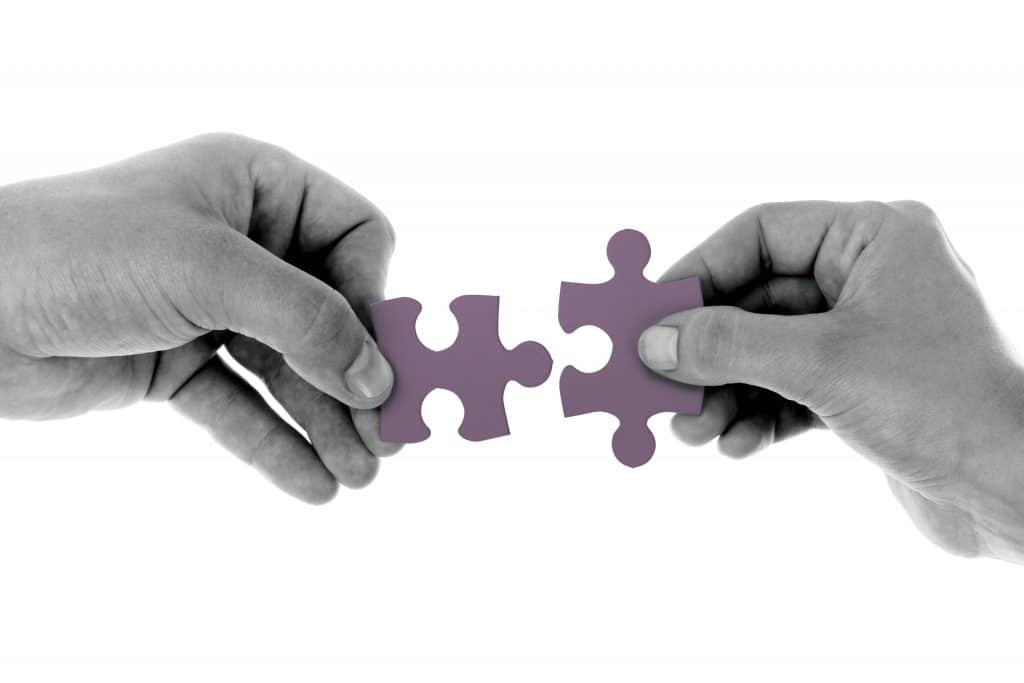If you’ve tried every diet and still feel stuck, it might be time to rethink the approach. Real weight loss management focuses on sustainable changes, not quick fixes.
Others slide into slowly—after a doctor’s warning, a tight pair of jeans, or just feeling tired all the time. No matter how it starts, one thing’s clear: managing weight isn’t just about food. It’s about mindset, movement, and a million tiny choices that stack up over time.
And yeah, messy.
“Recent studies show that wearable devices combined with AI can predict weight loss success with up to 84.44% accuracy—based on sleep, movement, and heart rate.”
Not Just Diets. Not Just Gym.
When people hear “weight loss management,” they often picture salads and treadmills. But real management? It’s deeper.
about knowing your body. Your cravings. sleep cycle. stress triggers. It’s about asking:
- Why do I eat when I’m not hungry?
- Why do I skip meals and then binge consuming excessively at night?”
- Why does my energy crash at 3 PM?
These aren’t just habits. They’re patterns. And managing weight means gently untangling them—without guilt.
The Myth of “One Perfect Plan”
There’s no universal solution. Keto works for some. Intermittent fasting feels right for others. Some thrive on calorie tracking. Others hate numbers.
So what’s the “right” way?
Honestly? The one you can stick to.
If a plan makes you feel punished, restricted, or obsessed—it’s not management. It’s misery. And misery doesn’t last.
What Real Weight Loss Management Looks Like
Let’s break it down. Not like a textbook. Just like someone sharing what actually helped.
Food That Feels Familiar
You don’t need to eat quinoa if you hate it. You don’t need to cut rice if it’s part of your culture. Weight loss management means adjusting—not erasing.
Portion control. Balanced plates. Protein that keeps you full. Fiber that keeps things moving. That’s it.
Mindset Shifts
- Instead of “I messed up,” try “I’ll do better at dinner.”
- Instead of “I’m failing,” try “I’m learning.”
This isn’t toxic positivity. It’s just refusing to let one snack ruin your whole day.
Sleep and Stress
People underestimate this. But poor sleep = more cravings. Stress = emotional eating. Fixing your bedtime and learning to pause before reacting? That’s weight loss management too
What About Medication?
Some people need extra help. And that’s okay.
GLP-1s like Ozempic and Wegovy are changing the game. Some of these options help quiet the appetite, keep blood sugar steady, and make you feel full for longer stretches. But they’re not some miracle fix.
They work best when they’re part of a bigger picture, one that includes movement, sleep, and the kind of eating that actually feels doable.
If you’re considering medication, talk to a doctor. Not Instagram.
According to European Medicines Agency (EMA), any weight loss medication must show at least 5% body weight reduction over 12 months to be considered clinically effective.”
Real-Life Story (No Filters)
A woman in her 30s. Tried every diet. Lost weight, gained it back. Felt stuck.
She didn’t overhaul her life overnight. She started walking after dinner. Swapped sugary chai for unsweetened green tea. Added eggs to breakfast. Slept earlier. Tracked her mood.
Six months later? 11 kg down. But more importantly—no rebound. No burnout. Just quiet, steady change.
That’s management.
Common Mistakes (And How to Dodge Them)
Let’s be honest. We’ve all done these.
- Skipping meals to “save calories” – Leads to bingeing later. Eat regularly.
- Over-exercising to punish yourself – Causes fatigue and injury. Move with joy.
- Comparing your journey to others – Everyone’s body responds differently. Focus on your progress.
- Expecting perfection Progress > perfection. Always.
Tools That Support Weight Loss Management
Some people love apps. Others prefer notebooks. Here are a few tools that support weight loss management—without controlling you.
- Noom – Psychology-based tracking
- MyFitnessPal – Calorie + macro logging
- WeightWatchers – Points system with flexibility
- Wellos – Coaching + GLP-1 support
- Mayo Clinic Diet – Medical + lifestyle blend
Pick what feels right. Leave what doesn’t
“Machine learning algorithms now help personalize diet plans by analyzing post-meal glucose, insulin, and triglyceride levels—making weight loss management more precise.”
What Dietitians Say
Registered dietitians (RDs) aren’t just about meal plans. They listen. RD guide. They help you build habits that last.
They won’t say “never eat biryani again.” They’ll say “let’s balance it with veggies and protein.”
And that’s the kind of advice that sticks.
“Some registered dietitians now use genetic markers like FTO and MC4R to guide food choices—especially for clients with carb sensitivity or emotional eating patterns.”
Final Thoughts on Managing Your Weight
Weight loss management isn’t a 30-day challenge. It’s a lifelong rhythm. Some days you’ll feel strong. Other days you’ll want fries. That’s normal.
The goal isn’t to be perfect. It’s to be consistent.
So if you’re starting this journey, start small. Drink more water. Sleep better. Move a little. Eat mindfully. And when you slip up, don’t quit—just reset.
Because real change doesn’t come from punishment. It comes from patience
“This guide blends lifestyle strategies with research-backed insights to support inclusive, effective weight loss management.”





















